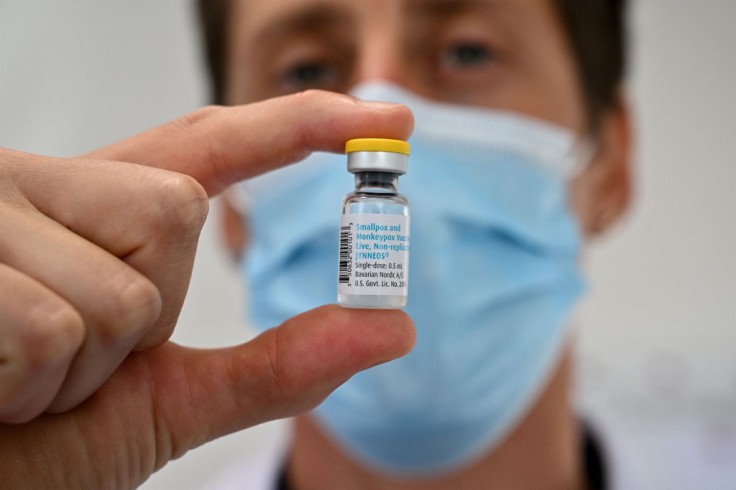
The CDC issues another warning for a possible recurrence of another Mpox, formerly known as monkeypox, outbreak as pride events come up in a few weeks.
In anticipation of upcoming Pride events, the CDC has issued a warning to doctors across the United States, urging them to remain vigilant and closely monitor for any new cases of the viral infection known as Mpox, or monkeypox.
The CDC's proactive approach aims to prevent the recurrence of last year's Mpox outbreaks, which posed a significant health emergency.
With pride celebrations slated to take place nationwide in the coming weeks, health officials and event organizers express optimism about reduced infections and their severity this year.
However, concerns persist that complacency may lead people to disregard the ongoing risks associated with it.
Growing Concerns of Mpox Resurgence Amidst Pride Celebrations
According to Fox News, as the summer of 2022 unfolded, Mpox infections skyrocketed following Pride gatherings, resulting in over 30,000 reported cases throughout the United States.
The majority of these cases were transmitted through sexual contact between gay and bisexual men, with approximately 40 individuals losing their lives to the disease.
This year, health officials and event organizers are hopeful that improved circumstances, such as a larger vaccine supply, increased immunity rates, and easier access to effective treatment options, will contribute to a decline in both the number and severity of Mpox infections.
To provide better insight into the potential resurgence, the CDC recently conducted a modeling study focusing on 50 counties that were the primary targets of government campaigns to control sexually transmitted diseases.
The study identified ten counties with a 50% or higher likelihood of mpox outbreaks this year. Key factors contributing to this increased risk included the number of individuals deemed highly susceptible to infection and the proportion of them possessing immunity through vaccination or prior exposure.
Among the most vulnerable counties were Florida, Tennessee, Cincinnati, and others, where fewer than 10% of high-risk individuals were estimated to have any form of immunity.
Continued Efforts to Mitigate Mpox Risks
Health officials are working tirelessly to instill a sense of urgency surrounding the Mpox threat, even as it fades from public consciousness.
Formerly known as monkeypox, this viral infection belongs to the same family as smallpox and is endemic in certain parts of Africa.
According to the CDC, the onset of symptoms typically occurs within three weeks of exposure to the virus, with flu-like symptoms followed by a rash within 1-4 days.
The rash can appear on various body parts, including the vagina, labia, testicles, penis, anus, and mouth.
Common symptoms of Mpox encompass rashes, chills, sore throat, cough, headache, fever, muscle aches, and swollen lymph nodes.
According to the WHO, the primary objectives of treating Mpox involve managing the rash, alleviating pain, and preventing complications.
Prompt and supportive care plays a crucial role in symptom management and mitigating further issues. Administering a vaccine can effectively prevent Mpox infection.
Ideally, the vaccine should be administered within four days of contact with an infected individual, or up to 14 days if no symptoms are present.
It is strongly recommended that individuals at high risk, including those with multiple sex partners, men who have sex with men, healthcare workers at risk of exposure, and sex workers, receive the vaccine to minimize the risk of Mpox infection.
According to ABC, various countries scrambled to develop vaccines and implement countermeasures, prompting the WHO to declare a health emergency in late July. The United States followed suit in early August.
Fortunately, the concerted efforts of governments, healthcare providers, and affected communities led to a decline in cases, with daily averages dropping from nearly 500 in August to fewer than 10 by December.
As pride events approach, it is crucial to acknowledge the potential risks associated with Mpox and take proactive measures to prevent its spread.
Event organizers and health officials are urging attendees to prioritize vaccination, providing information and resources to encourage responsible behavior.
Their collective efforts aim to ensure the well-being of participants and curb the potential for Mpox outbreaks to occur at these large-scale gatherings.